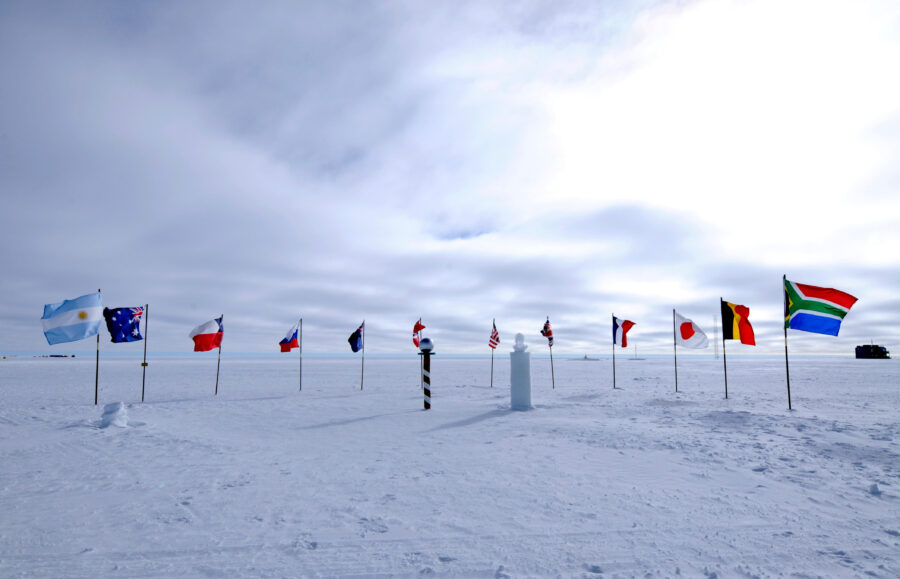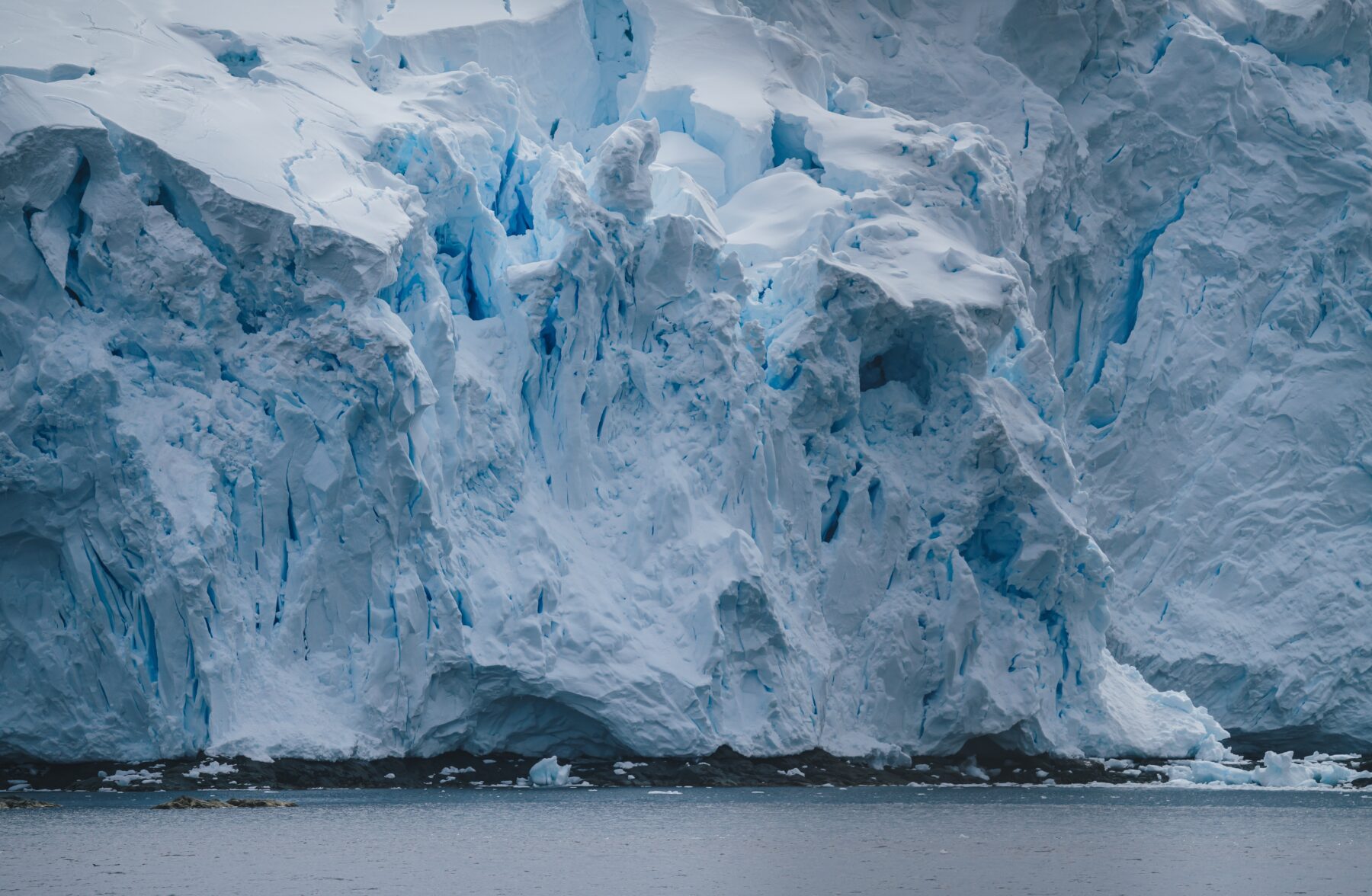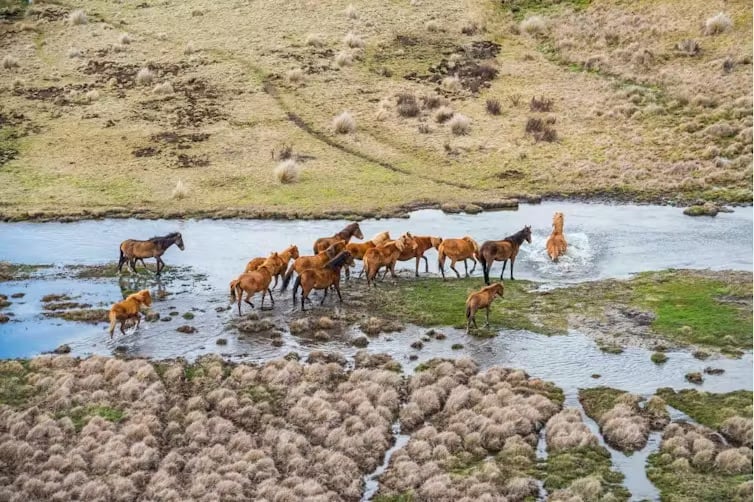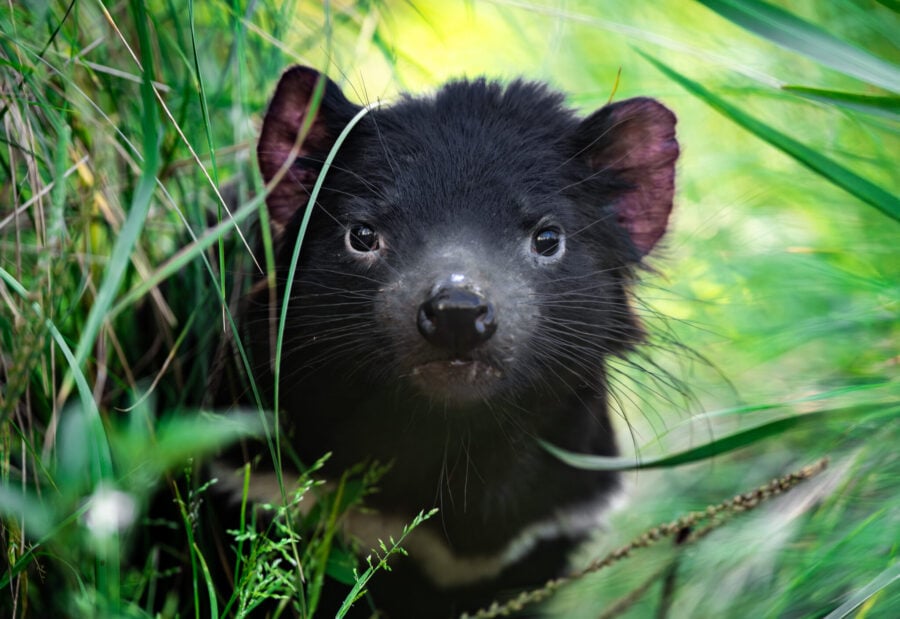OPINION: Negativity won’t help Antarctica

Antarctica is an extraordinary wilderness with some of the richest ocean waters on the planet. Its bottom-dwelling (benthic) groups are among the earth’s most diverse. Swarms of krill support albatrosses, emperor penguins and seals, and contribute to the services of an ecosystem critical for our future. The Southern Ocean absorbs much of the heat and carbon dioxide we produce, keeping global temperatures lower than they otherwise would be.
And yes, the Antarctic Ice Sheet is melting in ways that are difficult to fully anticipate, meaning we could see anywhere between about 30cm and 1m of sea-level rise before the century is out. This broad level of uncertainty confounds coastal planning and is existentially threatening to everyone in the Indo-Pacific.
These are the right reasons for the region to be in the news. Antarctica’s future is our future. But much of the news is about how we’re failing the region comprehensively and, in turn, how much threat that’s bringing to Australia. On a regular basis, reports claim the Antarctic Treaty System (ATS), the international governance system for the region – of which Australia is a founding member – is mired in contestation and indecision. Opponents claim its members aren’t delivering for society, and that some are engaged in activities that are threatening Antarctic geopolitical security.
Much of this is clickbait, based on narrow definitions of success. Consider the alternative – one informed by sustained attendance of the ATS meetings, and, as an example, focusing on the urgent need to address climate change and its impacts.

The last meeting of the Antarctic Treaty Consultative Parties heard the proposals being put forward by some scientists for technological interventions in the climate as a potential alternative to reducing greenhouse gas emissions. These polar geoengineering concepts included: sea curtains to block warm ocean water from reaching ice shelves; fertilisation of the Southern Ocean to encourage plankton growth and increase carbon dioxide uptake; stratospheric aerosols to reflect the sun over the continent; and giant pumps to extract water from below the ice sheet to stop it from sliding into the sea.
The meeting also heard that none of these concepts passed scrutiny for feasibility, scalability, cost and environmental risk. The attendees responded by noting that geoengineering projects “had no place in Antarctica or the waters surrounding it”. At their previous meetings, in Berlin in 2022 and Helsinki in 2023, the Treaty Parties agreed – despite substantial geopolitical difficulty in the meetings caused by conflicts elsewhere – to renew their focus on climate change and to make the importance of Antarctica known to other environmental agreements such as those of the United Nations. This is swift, effective decision-making, by consensus – the opposite of what’s being claimed to be the dominant routine in the ATS.
No international organisations or conventions are free from disagreement or difficulty. Their whole purpose is to bring nations together to reach agreement from different starting points. The Antarctic Treaty was initially established to keep the region free from conflict – and it has succeeded. It has also succeeded in securing the region’s environmental future, although perhaps not as swiftly or comprehensively as might be desired. But the ATS is mischaracterised as a failure. Rather, it’s a work in progress that needs sustained support and attention, not fashionable negative press.
Professor Steven L Chown is Director of the Monash University-led Securing Antarctica’s Environmental Future research initiative, backed by the Australian Research Council. He has represented the science community in the Antarctic Treaty System for many years in a variety of roles.





